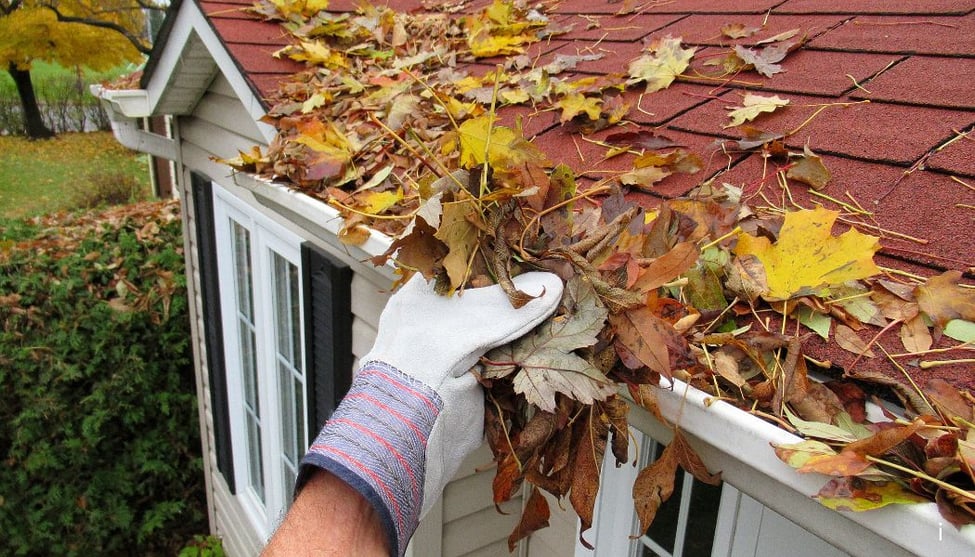Owning a home comes with many responsibilities, and regular maintenance is key to keeping it in good condition and avoiding costly repairs. With a few proactive steps, you can ensure your home remains comfortable, safe, and efficient. Here are some essential home maintenance tips every homeowner should follow to protect their investment.
1. Inspect and Repair the Roof
Your roof is your first line of defense against the elements, so it’s important to keep it in top shape. Regular inspections help catch small issues, like loose shingles or leaks, before they turn into major problems.
Tip: Check your roof twice a year and after any severe storms. Look for missing or damaged shingles, cracks, and signs of water damage. Clean out gutters to prevent water backup and extend your roof's life.
2. Service Your HVAC System
Your heating, ventilation, and air conditioning (HVAC) system works year-round to keep your home comfortable, but it needs regular maintenance to run efficiently. Ignoring it could lead to higher energy bills or unexpected breakdowns.
Tip: Schedule annual professional HVAC checkups to ensure everything is working properly. Change air filters every 1-3 months to improve air quality and system efficiency.
3. Test Smoke and Carbon Monoxide Detectors
Fire and carbon monoxide detectors are critical for your safety, but they can only protect you if they’re in working order. These small devices are often overlooked but should be part of your regular home maintenance routine.
Tip: Test your smoke and carbon monoxide detectors every month and replace the batteries at least once a year. Replace detectors every 10 years to ensure they remain effective.
4. Check and Maintain Your Plumbing
Leaks and plumbing issues can lead to water damage, mold, and expensive repairs. Regularly inspecting your home’s plumbing can help prevent these problems before they escalate.
Tip: Check under sinks, around toilets, and in the basement for any signs of leaks or water stains. Clean out drains and consider installing mesh drain covers to avoid clogs. For older homes, periodic inspections by a plumber can prevent unexpected pipe issues.
5. Seal Windows and Doors
Drafty windows and doors can lead to higher energy costs, especially during extreme weather. Proper sealing and insulation help maintain a comfortable indoor environment and reduce strain on your heating and cooling systems.
Tip: Inspect your windows and doors for gaps or deteriorated weatherstripping. Apply caulk where needed and replace weatherstripping to prevent air leaks. Installing energy-efficient windows can also provide long-term savings.
6. Maintain Your Water Heater
Your water heater is one of the most important appliances in your home. To ensure it works efficiently and lasts longer, regular maintenance is necessary.
Tip: Flush your water heater at least once a year to remove sediment buildup, which can reduce efficiency. Check the temperature setting and keep it at 120°F to prevent overheating and save on energy costs.
7. Clean Gutters and Downspouts
Clogged gutters can lead to water overflow, which can damage your roof, siding, and foundation. Regular cleaning is essential to ensure proper water drainage, especially during heavy rain or snowmelt.
Tip: Clean your gutters at least twice a year, preferably in the spring and fall. Make sure downspouts direct water away from the foundation to prevent basement flooding and soil erosion.
8. Inspect the Foundation
The foundation is a critical part of your home’s structure. Small cracks or shifts can lead to serious issues over time, so it’s important to keep an eye on your foundation and take action when necessary.
Tip: Walk around your home’s exterior and interior to look for cracks or signs of settling. If you notice any significant changes or widening cracks, consult a professional for further inspection and repair.
9. Maintain Your Sump Pump
If your home has a basement, a sump pump is vital for preventing flooding, particularly during heavy rains. Ensuring that your sump pump is working properly can save you from dealing with costly water damage.
Tip: Test your sump pump regularly by pouring water into the sump pit to ensure it activates and drains correctly. Consider installing a backup battery system in case of power outages.
10. Keep Outdoor Areas in Good Condition
The exterior of your home, including siding, decks, patios, and driveways, needs routine care to avoid deterioration from weather exposure. Regularly inspecting and maintaining these areas can enhance your home’s appearance and longevity.
Tip: Clean siding annually to remove dirt, mildew, and mold. Inspect decks for signs of rot or loose boards, and apply a weatherproof sealant. Repair cracks in driveways or walkways to prevent them from getting worse due to freezing and thawing cycles.
Final Thoughts: Stay Proactive
Regular home maintenance is essential for protecting your investment and ensuring the longevity of your home. By addressing issues early and performing routine upkeep, you can save money, enhance your home’s efficiency, and avoid unexpected problems down the road. Stay proactive, and your home will reward you with years of comfort and security.
.png)
